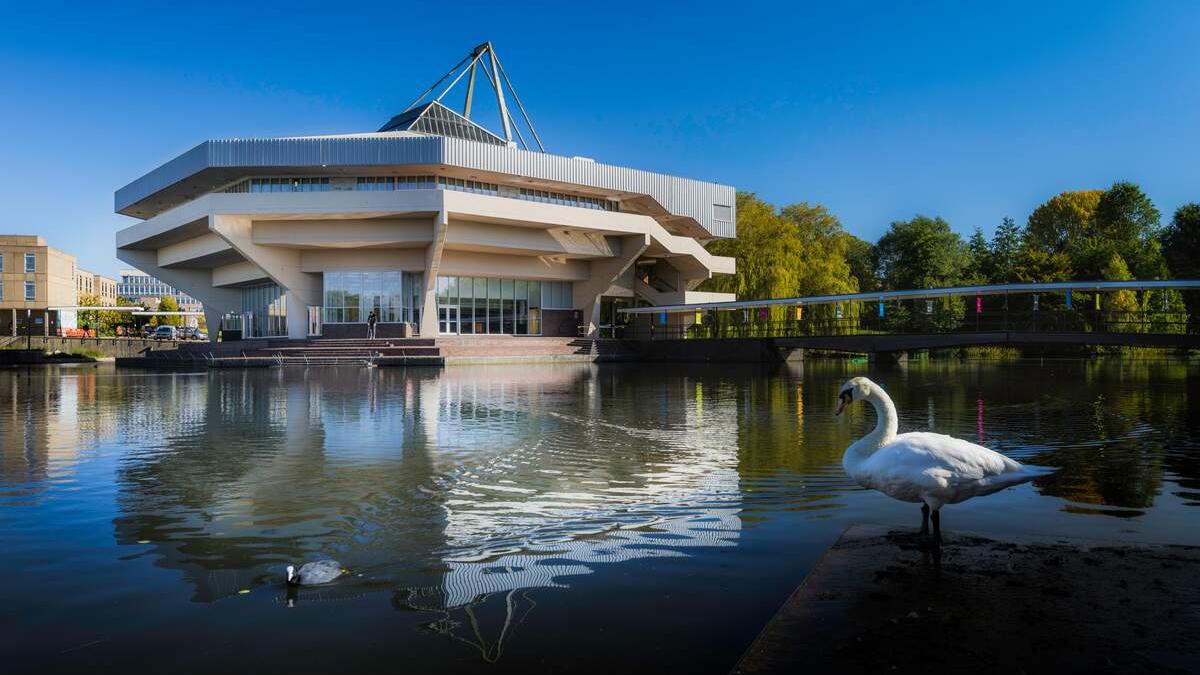
University of York: A Russell Group institution that excels in science and tech
The Hindu
University of York, a prestigious Russell Group member, excels in cutting-edge science and technology, forging collaborations with Indian institutions.
Located in a historic cathedral city with Roman origins, the University of York, a relatively younger university in the United Kingdom, with strengths in cutting edge science and technology, has embarked on steps for forging collaborations with reputable institutions of higher learning in India.
A member of the Russell Group, an association of 24 prestigious public research universities, its founders had established the University of York in 1963 as an institution that exists for public good. “This legacy is reflected in the university’s dedication to providing opportunities for higher education to diverse populations, a commitment that has only strengthened over time,” according to Charlie Jeffrey, its Vice Chancellor and president.
When asked about the university’s academic strengths, Professor Jeffery identified several key areas where the institution is recognised as a “world leader”. One such area is the Institute for Safe Autonomy, which focuses on robotics, autonomous systems, and artificial intelligence. The Institute’s work is not limited to technological advancements but extends to ensuring the safety of these systems from regulatory and ethical perspectives. “We are interested not simply in the technology but in the safety of those systems, both in a technological and regulatory sense,” he remarked.
Another area of distinction is industrial biotechnology, which Professor Jeffery described as central to regional economic development. “It is about how you can get added value from things that we grow and use those both to feed people and to replace fossil fuels as feedstocks for chemicals,” he explained. This field, along with quantum technologies—especially quantum communications, which enhance encryption security—and structural biology, places the university at the forefront of scientific research
The Vice-Chancellor also noted the university’s innovation in digital creativity, an area where traditional creative arts are now intersecting with cutting-edge computer science and digital technology. “We have Creative Arts, which is at the very cutting edge of computer science and of digital technology applications,” he said, citing the university’s selection as a national lab to collaborate with the film industry as evidence of its leadership in this field.
Discussing the university’s engagement with both older and newer Indian institutions, Professor Jeffery recognised the strengths and challenges of traditional disciplines, acknowledging that while they provide strong foundational knowledge, they can also be limiting. “Most first-degree programmes tend to have a strong disciplinary base, but beyond that, interdisciplinary approaches are increasingly prevalent,” he observed.
Professor Jeffery expressed a keen interest in fostering sustainable partnerships with Indian institutions, regardless of their age or history. He highlighted his visits early last year to the Indian Institutes of Technology (IITs) in Delhi and Bombay, as well as newer institutions like O.P. Jindal University and Atlas SkillTech University. “There were real opportunities for research collaboration with the IITs, and perhaps more opportunities for collaboration in student education with the newer foundations,” he noted.













